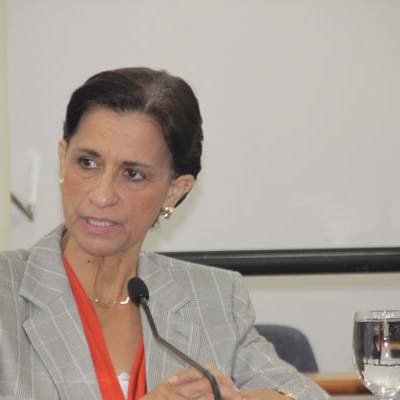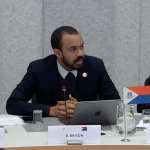Mixed reactions to removal of COHO-law

PHILIPSBURG — Local politicians have reacted with caution and at times enthusiasm to the news that the consensus kingdom law COHO (Caribbean Organization for Reform and Development) is now definitely history. The Caribbean countries – Curacao, Aruba and St. Maarten fiercely opposed the law and with its removal it seems that they got their way. That is however only partially true, because in its place will come a mutual agreement. And the country package St. Maarten signed on to in 2020 remains firmly in place.
Veteran Member of Parliament Sarah Wescot-Williams (United Democrats) spoke in a press statement of “exciting news,” but she expressed also caution about the proposed alternative for COHO, a mutual agreement or, in Dutch, onderlinge regeling.
“In essence this means that the agreement the Dutch government envisioned to be laid down in a kingdom law will now be made on the level of a so-called mutual agreement.”
This, she added, is an agreement between governments. The country package is an example of such an agreement. The question is of course what the contents of that agreement are going to be.
“It is very much wait and see what will be agreed to in the mutual agreement that will not give the TWO (Temporary Work Organization), the Dutch government, (financial supervisor) Cft or the government of St. Maarten any authority that they do not possess.”
MP Wescot-Williams points out that none of the participants in the agreement should usurp authority that belongs to St. Maarten’s legislative body (the parliament).”
The MP points out that mutual agreements are not mentioned as a legal instrument in St. Maarten’s constitution. She mentions four issues the government ought to pay attention to before it signs on to the mutual agreement.
First, she asks that the parliament of St. Maarten is consulted before the government approves the agreement. Secondly, the agreement should make clear how disputes would be settled. Furthermore, capacity building should be realistically incorporated and the period of engagement should be clear.
Wescot-Williams states that the country package and its inextricable link to the COHO law warrants examination: “The mutual agreement for the country package needs to be amended because of the retraction of the COHO law.”
 UP-leader MP Rolando Brison was a bit more upbeat about the disappearance of the COHO-law. “This is a big win for St. Maarten and a step in the right direction for improved relations between the Netherlands and the Caribbean Dutch territories,” he said in a press statement.
UP-leader MP Rolando Brison was a bit more upbeat about the disappearance of the COHO-law. “This is a big win for St. Maarten and a step in the right direction for improved relations between the Netherlands and the Caribbean Dutch territories,” he said in a press statement.
MP Brison notes that a mutual agreement is “much better” than the COHO because the local government must agree on its content. Equally important is the fact that any budgetary implications would form part of parliamentary debate.” Brison points out that the parliament approves the country’s budget.
The UP-leader furthermore states that his party subscribes to the Dutch government’s position that reforms are needed for the Caribbean countries. At the same time, he notes that the respective countries should take the lead when it comes to reforms.
In that context, Brison refers to reforms St. Maarten has already put in place: the increase of the SZV-limit and reforms related to the construction of the new hospital.
“We recognized these reforms as necessary and we made adjustments to allow more progress in the hospital construction without coercion.”
Brison erroneously states that the ministry of Tourism, Economic Affairs, Transport and Telecommunication “falls under the UP,” before mentioning that this ministry is “finalizing several reforms.” As examples of reforms that are underway, he mentions simplifying the process of acquiring business licenses and improving the residency and work permit application process.
Future discussions with the Netherlands, Brison observes, “should continue in the tone of recent developments, which leans towards more respect for each country’s autonomy. At the same time, we accept that more autonomy means that we are accountable for our decisions.”
###
Related articles:
COHO off the table but country packages remain
Taking you back in COHO history

























